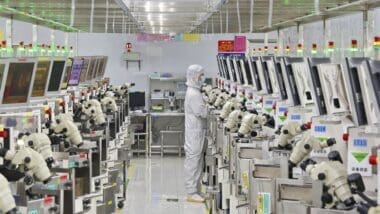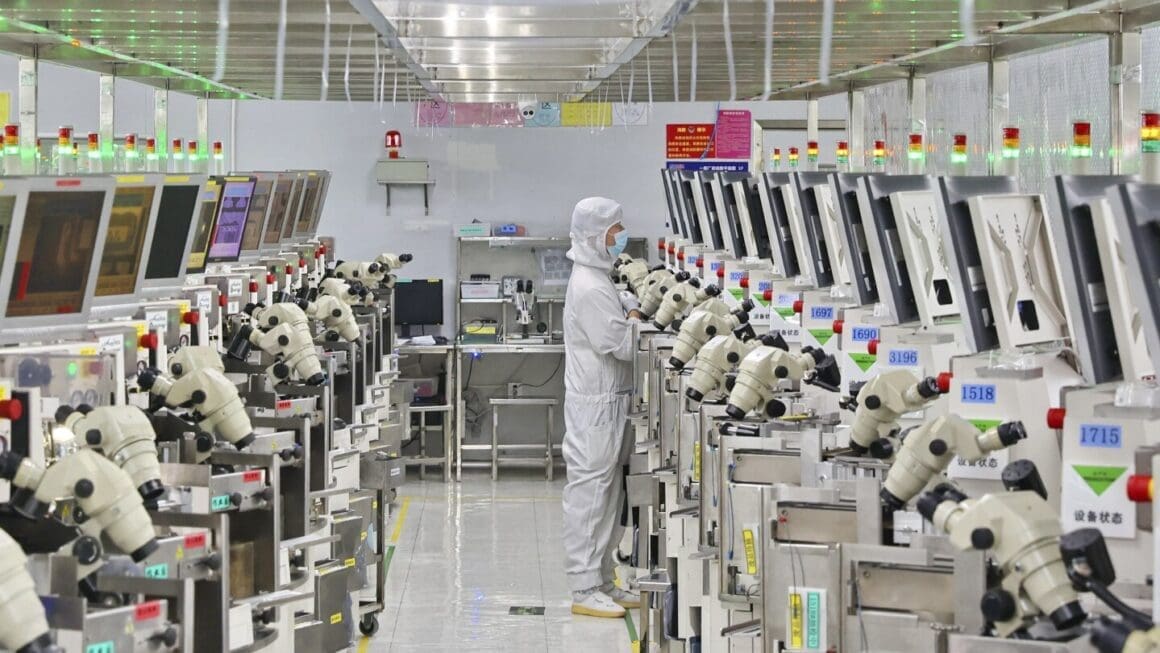The intricate trade dynamics between the United States and China have entered a new phase with China’s announcement to restrict exports of essential materials like gallium, germanium, and antimony. These minerals are indispensable in the manufacturing of semiconductors and other technological equipment. Moreover, China has tightened controls on graphite, an element crucial for electric vehicle and grid-storage batteries. China’s dominance in the supply and refining of these materials makes this development particularly significant.
The restriction correlates with the United States’ recent measures to impede Chinese access to advanced semiconductor technology. The U.S. expanded its ‘entity list,’ which now includes 140 additional Chinese companies subject to stringent export controls. This action reflects the ongoing strategic maneuvering between the two nations, each citing national security as the impetus for their respective policies.
Analysts from the Center for Strategic International Studies highlight that the security of critical minerals is now inextricably linked to the escalating tech trade conflict. The U.S. is grappling with the challenge of mitigating dependency on Chinese-sourced materials. While there are potential alternative sources, including domestic and allied nation supplies, the transition is fraught with logistical and environmental hurdles.
Gallium’s role in high-bandwidth memory chips and germanium’s utility in optical fibers and solar panels underscore their importance. The U.S. Geologic Survey has marked gallium as a top concern, estimating potential economic losses exceeding $3 billion due to supply disruptions. Although efforts are underway to diversify supply chains, China’s cost advantage and its environmental regulations pose significant challenges.
Trade tensions have been simmering since the Trump administration’s tariff hikes against Chinese imports. China’s responses have been measured but impactful, focusing largely on retaliatory tariffs. However, this recent move indicates a strategic shift, as China extends its export ban to cover all nations. This could represent a pivotal change in its approach to trade disputes with the U.S.
The Biden administration continues to encourage investment in semiconductor manufacturing within the U.S. while building strategic alliances to secure critical mineral supplies outside China. This evolving scenario further complicates the landscape for industries reliant on these technologies, requiring them to navigate a complex web of international trade policies and resource management.
The ongoing tit-for-tat between the United States and China over high-tech materials highlights the complexity and fragility of global supply chains. As both nations strive to protect their technological and economic interests, industries worldwide must remain agile and forward-looking to adapt to these geopolitical shifts.
Source: Apnews














